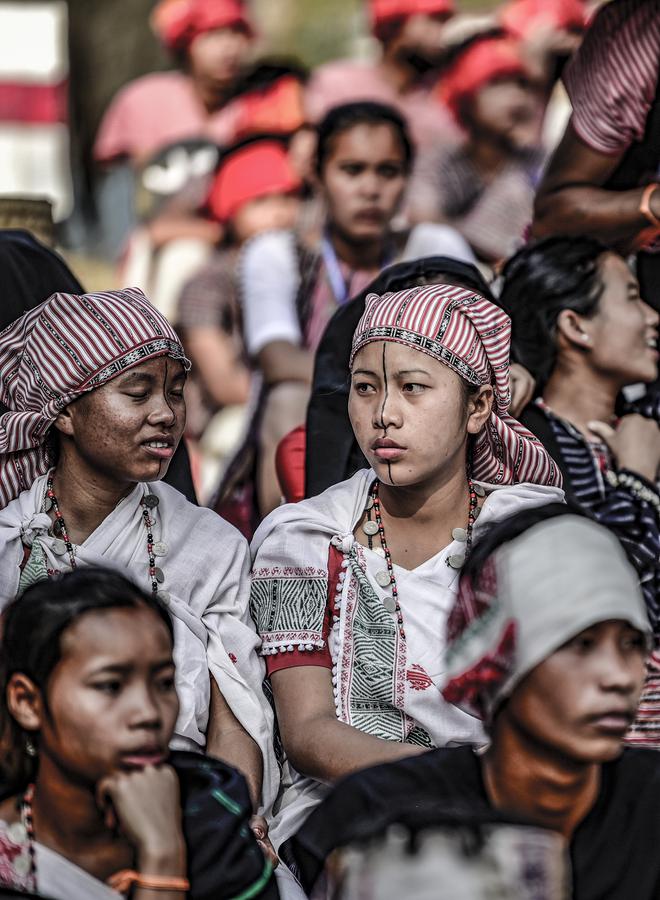Most youth festivals are designed. One of India’s oldest in an extremism-affected part of Assam was scripted by a stir.
The Karbi Youth Festival (KYF) in Diphu, the headquarters of the Karbi Anglong district about 250 km east of Guwahati, survived political upheavals and statehood-seeking armed struggles to turn 50. Its birth, though, was far from festive.
The 50th edition of the KYF, spanning eight days, begins on Friday. It would be headlined by the presence of President Droupadi Murmu, a first for any ethnicity-based festival in the Northeast.
Rise of a movement
More than two decades after its creation in 1951, Karbi Anglong erupted in a movement for using the Roman script for the Karbi language. The Karbis do not have a script of their own and the advent of missionaries during the British rule saw both Assamese and Roman scripts being used for the tribal tongue.
“The Roman script movement started in 1972, increased in intensity a year later. A crackdown on the leaders of the movement made a group of educated youth led by Roy Enghi think about preserving the dying culture and traditions of the Karbis,” Chandra Sing Kro, the president of the Karbi Cultural Society (KCS) said.
The group conceived KYF in 1974 and it evolved into a thread that now binds the Karbis in Karbi Anglong and other parts of Assam and beyond.
The Roman script movement ran almost parallel to another by Karbi schoolgirls to reject uniforms. They turned up in schools in their traditional attire, putting the school authorities in a quandary.

The KCS was formed in 1977 to coordinate with other communities — tribals and non-tribals — and showcase their culture and traditions.
Community space
The golden jubilee of the KYF will be held at the 672-acre Karbi People’s Hall at Taralangso on the outskirts of Diphu. It is the festival’s permanent site and also the largest ethnic village in the Northeast.
“We almost lost our culture, traditional attires, folk songs, dances, traditional sports, and cuisine 50 years ago. This festival helped us keep them alive,” Bidya Sing Rongpi, the general secretary of KCS, said.
From the late 1980s, when ethnicity-based extremism gripped Karbi Anglong, the KYF became a platform for fostering intra-tribe and inter-tribe unity. Peace returned to the district during the past decade or so after the extremist groups signed peace accords with the government.
The unity today is exemplified by former extremists and security personnel, who fought each other at one point in time, involved with organising the KYF. It is also not unusual for leaders of the BJP, which rules the Karbi Anglong Autonomous Council (KAAC), Congress, Marxist-Leninists, and other parties to hobnob for the cause of culture.
The KAAC, a key stakeholder in the festival, believes the KYF has the potential to go global like the two-decades-old Hornbill Festival in adjoining Nagaland. “Our council has increased the budget substantially this time to give an international touch to the KYF with delegates from several Southeast Asian countries expected to take part,” Richard Tokbi, an executive member of the KAAC and general secretary of the festival’s reception committee, said.
The KYF will feature more than 6,000 cultural performances on four stages. Some 2,000 stalls are being put up for visitors to relish ethnic cuisines and buy traditional items. The organisers expect a footfall of 1.5 lakh people every day.







